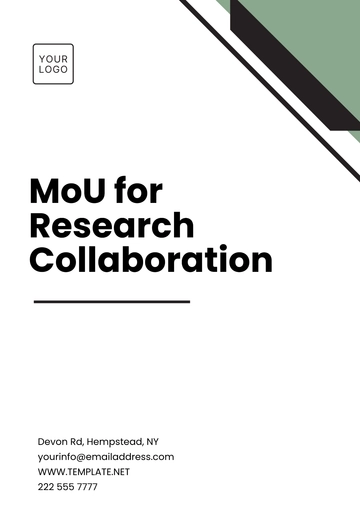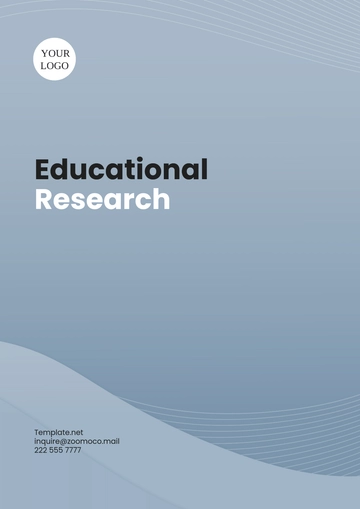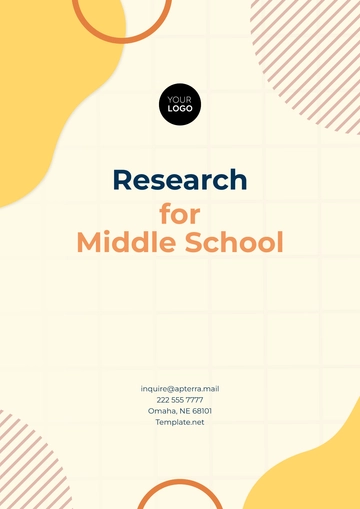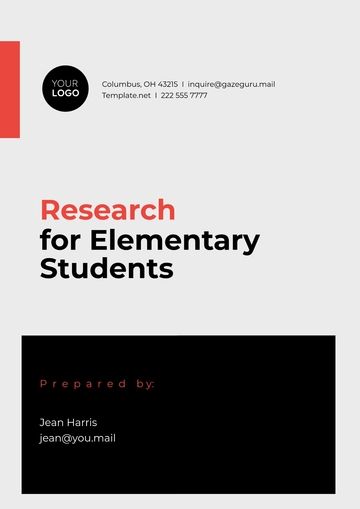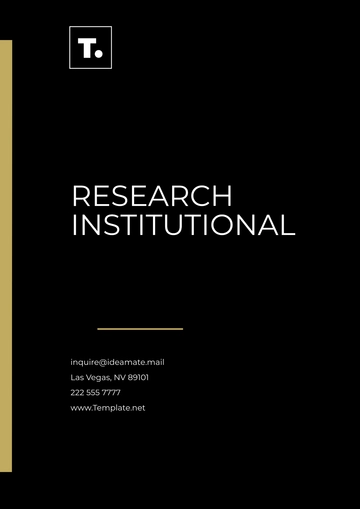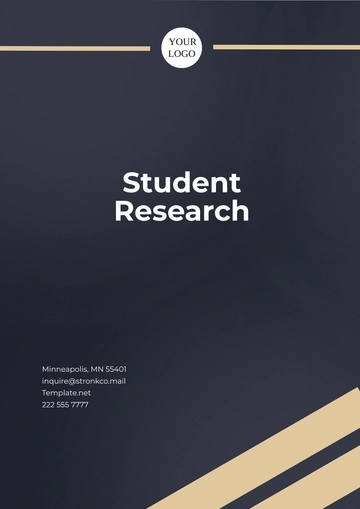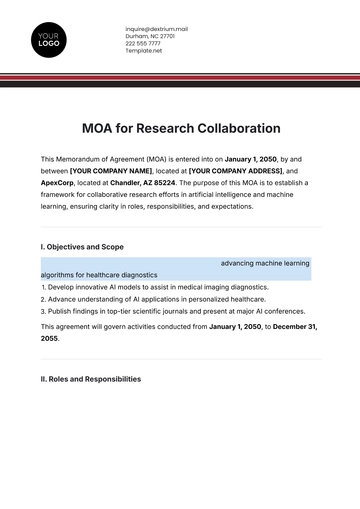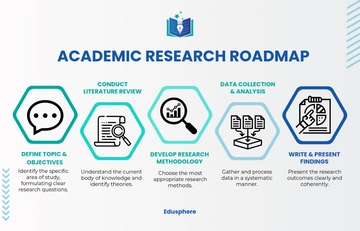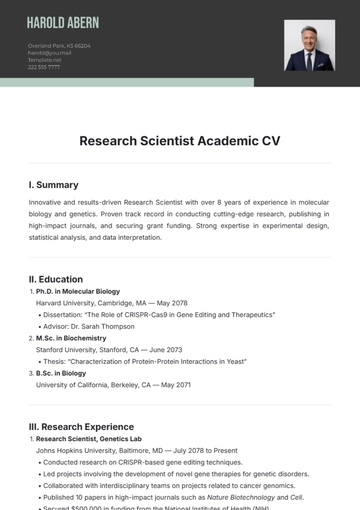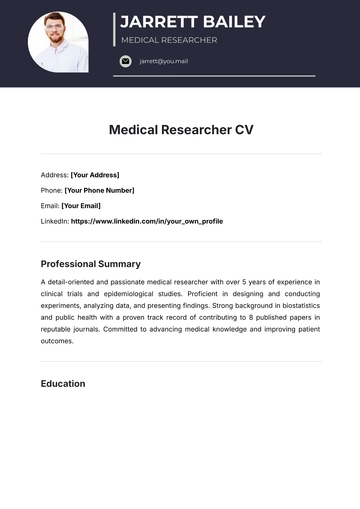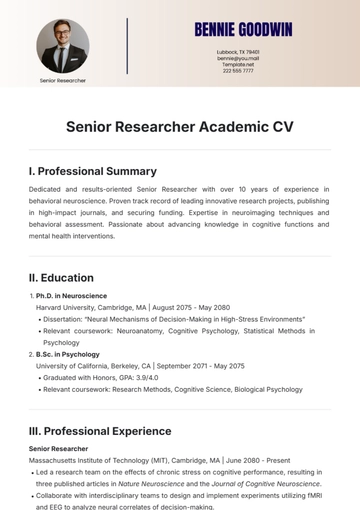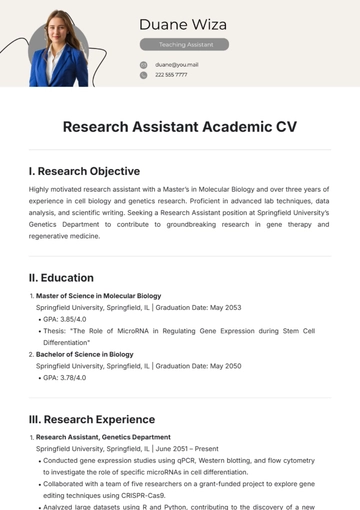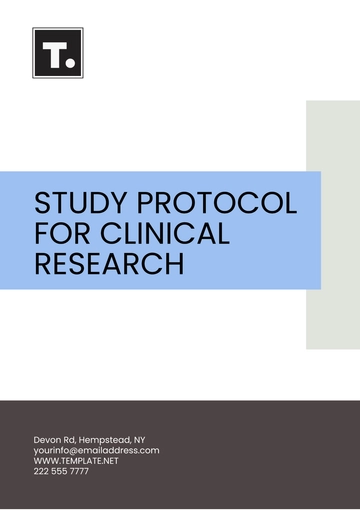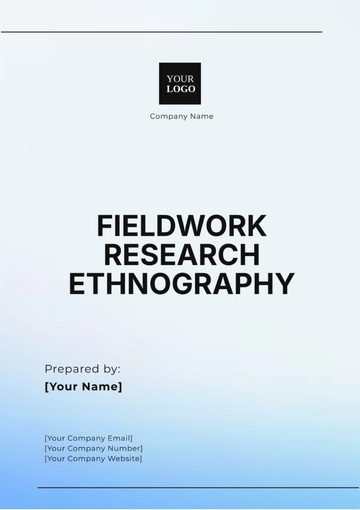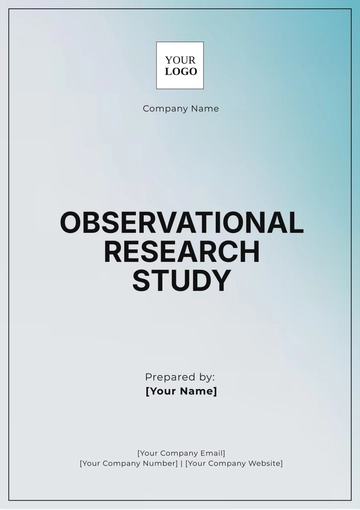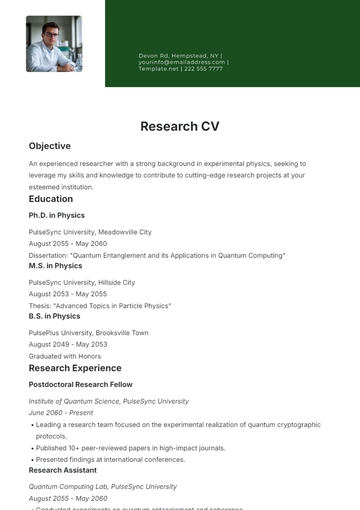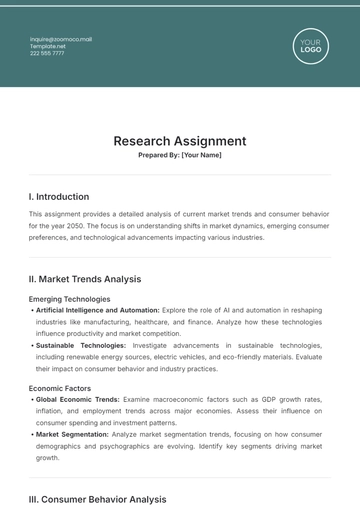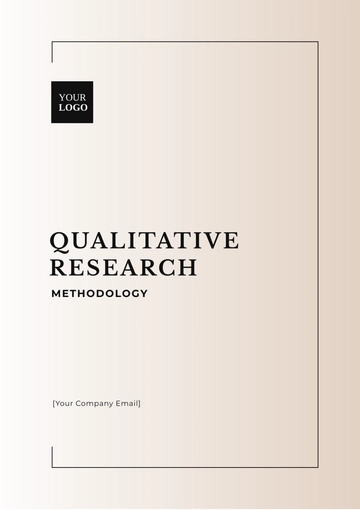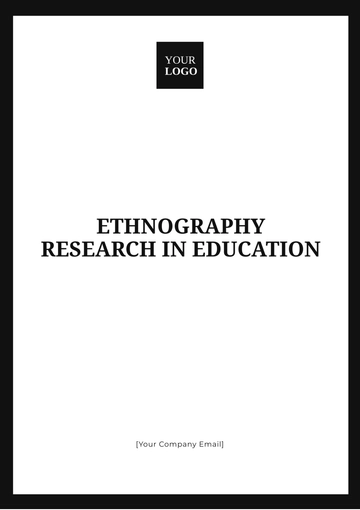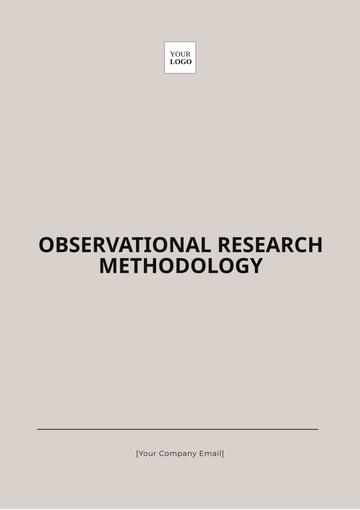Free Undergraduate Research
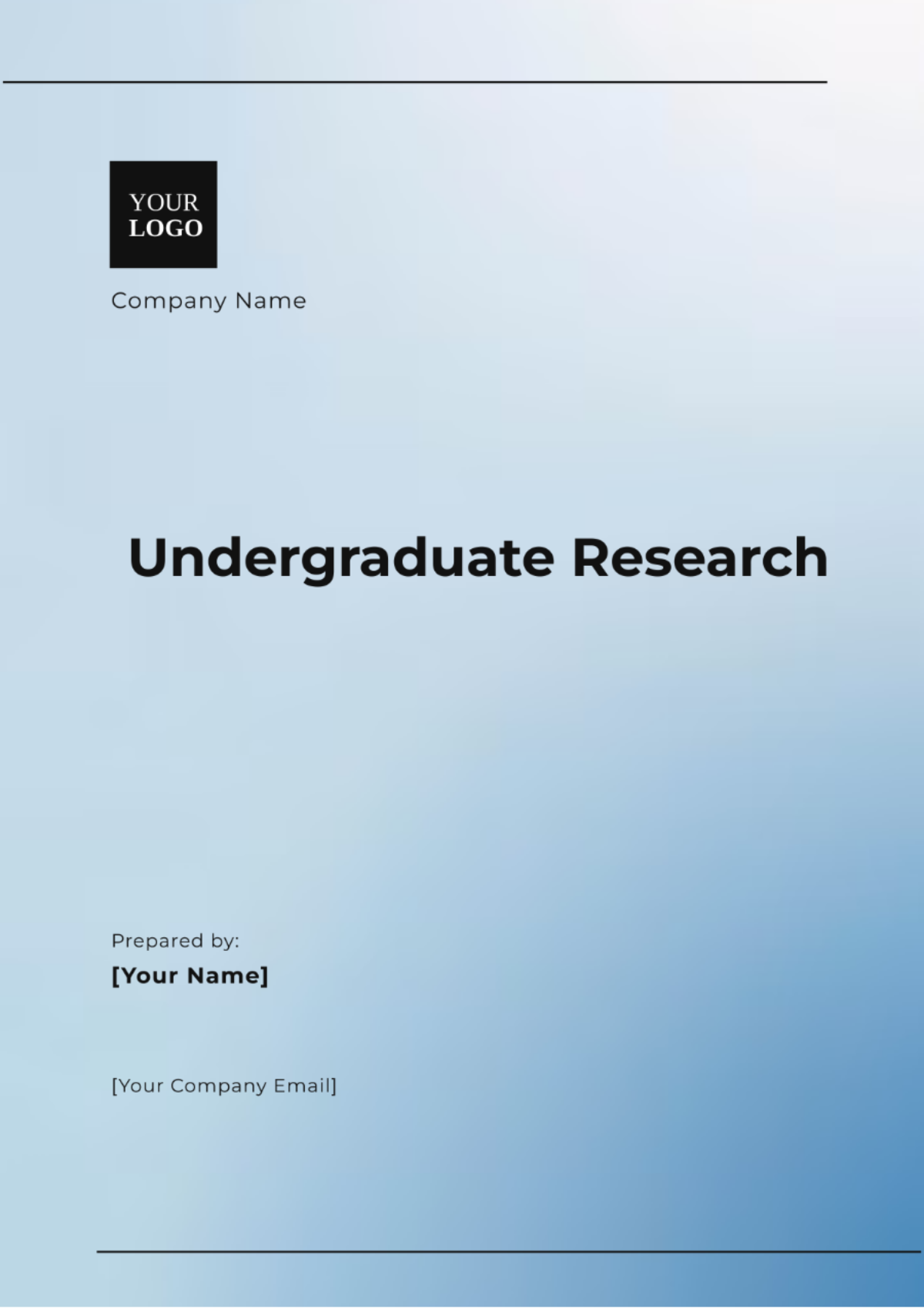
Prepared by: [Your Name]
Affiliation: Department of Educational Technology
Company Name: [Your Company Name]
I. Abstract
This research investigates the influence of emerging technologies on modern education systems, focusing on their effectiveness and adoption rates. The study aims to highlight how technologies such as artificial intelligence, virtual reality, and online learning platforms are transforming traditional teaching methods. Results indicate a significant improvement in student engagement and learning outcomes due to these advancements.
II. Introduction
Research Title: The Impact of Emerging Technologies on Modern Education
As technology continues to evolve rapidly, its integration into education systems has become increasingly prevalent. This study explores the role of emerging technologies in enhancing learning experiences and academic performance. By analyzing recent trends and implementations, the research seeks to provide insights into how these technologies shape modern education.
III. Literature Review
Previous studies have documented the benefits of technology in education, including increased accessibility and personalized learning. However, there is limited research on the long-term effects of these technologies on student achievement. This review aims to fill these gaps by examining recent advancements and their implications for educational practices.
IV. Methodology
The research employed a mixed-methods approach, combining quantitative surveys and qualitative interviews. Surveys were distributed to 200 students and 50 educators at Fictional University, assessing their experiences with emerging technologies. Additionally, in-depth interviews were conducted with 10 educators to gain further insights into the practical applications and challenges of these technologies.
Survey Data
Virtual Reality - 75%
Artificial Intelligence - 65%
Online Learning Platforms - 60%
Traditional Methods - 50%
Figure 1: Student Engagement with Various Technologies
Artificial Intelligence - 70%
Virtual Reality - 65%
Online Learning Platforms - 55%
Traditional Methods - 50%
Figure 2: Educator Satisfaction with Various Technologies
Inadequate Training - 80%
Resource Limitations - 75%
Technological Reliability - 60%
Curriculum Integration - 50%
Figure 3: Challenges Faced by Educators
Improved Student Engagement - 85%
Enhanced Learning Outcomes - 80%
Increased Teaching Efficiency - 70%
Greater Flexibility in Teaching - 65%
Figure 4: Benefits Reported by Educators
V. Results
The survey results revealed that 75% of students felt more engaged with learning materials when using virtual reality tools, compared to 50% before the implementation. Educators reported a 30% increase in student participation in classes utilizing AI-driven platforms. Interviews highlighted that while technology has enhanced learning outcomes, challenges such as inadequate training and resource limitations persist.
VI. Discussion
The findings suggest that emerging technologies positively impact student engagement and learning outcomes. Virtual reality and AI tools have proven effective in creating immersive and personalized learning experiences. However, the study also identifies the need for additional training and resources to maximize the potential of these technologies in educational settings.
VII. Conclusion
Emerging technologies have demonstrated significant benefits in modern education, contributing to improved student engagement and academic performance. Continued investment in technology and professional development for educators is crucial to fully realize these benefits. Future research should explore the long-term effects and address the challenges identified in this study.
VIII. References
Doe, J. (2050). The Future of Education: Technology's Role in Learning. Fictional University Press.
Smith, A. (2051). Virtual Reality in the Classroom: A Comprehensive Review. Educational Technology Journal, 12(3), 45-60.
Johnson, R. (2052). Artificial Intelligence and Education: Opportunities and Challenges. TechEd Research Publications.
- 100% Customizable, free editor
- Access 1 Million+ Templates, photo’s & graphics
- Download or share as a template
- Click and replace photos, graphics, text, backgrounds
- Resize, crop, AI write & more
- Access advanced editor
Set out on your academic journey with our Undergraduate Research Template, available exclusively on Template.net. This comprehensive tool is tailored to meet the unique needs of undergraduate researchers. Customize it to your study area, and conveniently download for offline use. Print for detailed examination and effortlessly edit using our AI Editor Tool, guiding your research toward insightful discoveries.
